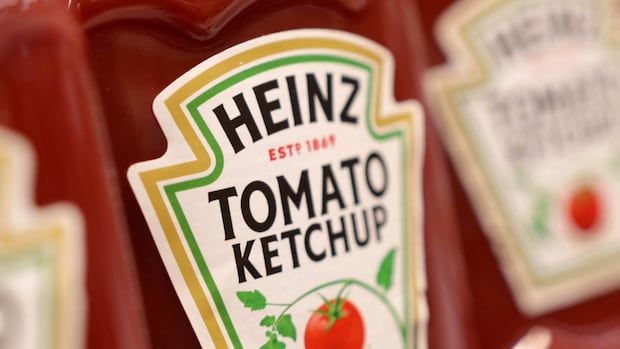Kraft Heinz is set to divide into two separate entities following a merger that united several prominent food brands and formed one of the largest food companies globally over ten years ago. The split will result in two distinct companies: Global Taste Elevation Co. and North American Grocery Co. Global Taste Elevation Co. will focus on shelf-stable meals, encompassing familiar brands such as Heinz, Philadelphia cream cheese, and Kraft Mac & Cheese. Conversely, North American Grocery Co. will concentrate on food and beverages, including popular brands like Oscar Mayer, Kraft Singles, and Lunchables.
The official names for the two companies are yet to be disclosed, with Kraft Heinz announcing in May that it was undergoing a strategic review, hinting at a possible separation. The transaction is anticipated to finalize in the latter half of 2026. The decision to split comes on the heels of changing consumer preferences towards healthier food choices, prompting Kraft Heinz and similar food producers to adapt their offerings to align with evolving trends.
Executive chair Miguel Patricio acknowledged the challenges posed by the current organizational structure, stating, “Kraft Heinz’s brands are iconic and beloved, but the complexity of our current structure makes it challenging to allocate capital effectively, prioritize initiatives, and drive scale in our most promising areas.”
The journey towards the Kraft-Heinz merger commenced in 2013 when Warren Buffett partnered with Brazilian investment firm 3G Capital to acquire H.J. Heinz Co. The $23 billion deal marked a significant milestone in the food industry at that time. This move aimed to propel Heinz’s condiments and sauces sales while instituting rigorous cost reduction measures that included substantial layoffs shortly after the acquisition.
Meanwhile, Kraft, headquartered in Chicago, sought a strategic alliance following its separation from the snack division in 2011, which later became Mondelez International. The eventual merger of Kraft and Heinz, orchestrated by Buffett and 3G in 2015, birthed the fifth-largest food and beverage company globally, boasting an annual revenue of $28 billion. Despite extensive cost-cutting measures and employee layoffs, the combined entity faced challenges as consumer preferences veered away from highly processed foods towards healthier alternatives.
Kraft Heinz has experienced declining net revenue annually since 2020, with the company recently revising its full-year sales and earnings forecast due to subdued consumer spending and tariff impacts. Carlos Abrams-Rivera will retain his position as CEO of Kraft Heinz and assume the role of CEO for North American Grocery Co. post-separation. Notably, Kraft Heinz intends to maintain its current headquarters in Chicago and Pittsburgh.
The decision to split mirrors a trend in the food industry, with other major companies like Keurig Dr Pepper and Kellogg Co. opting for similar structural changes in recent years. Kraft Heinz’s stock price took a hit, dropping by three percent following the announcement of the impending split.



